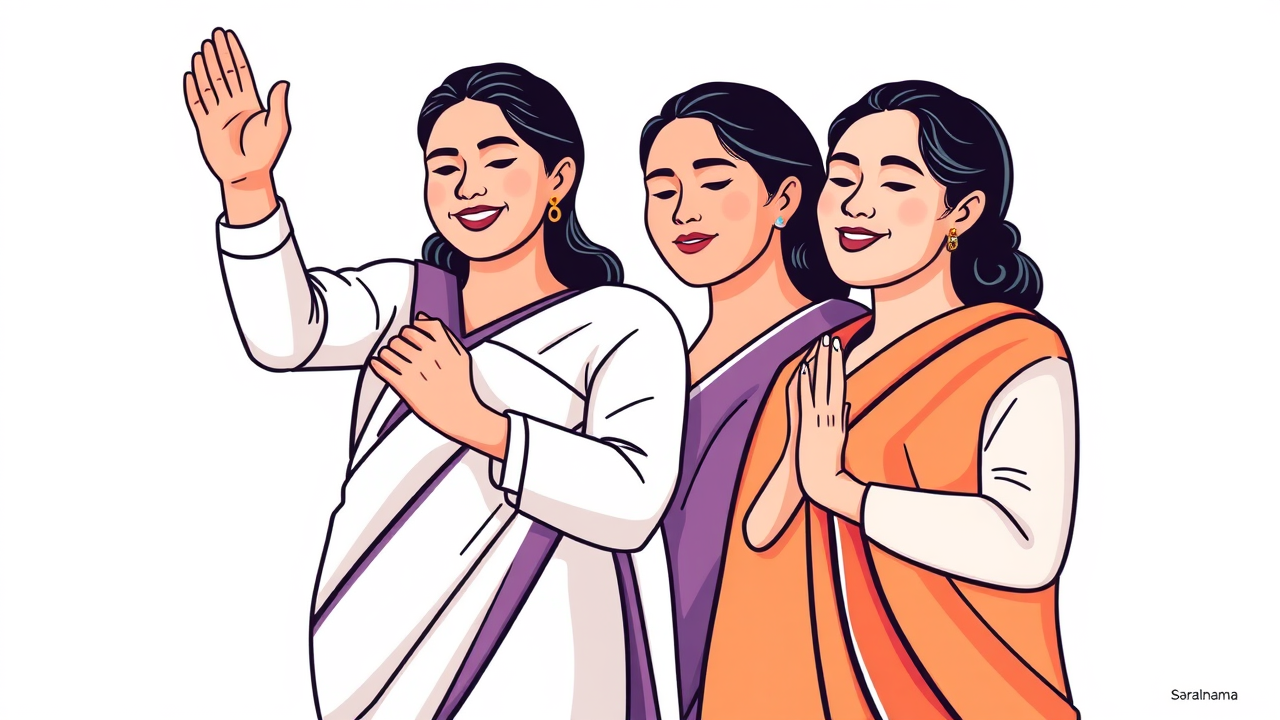The National Democratic Alliance swept the Bihar elections with an overwhelming majority, driven primarily by public sympathy and respect for Chief Minister Nitish Kumar's two-decade leadership. Voters appreciated his focus on empowering Extremely Backward Classes, Mahadalits, and women, noting he worked for Bihar rather than personal gain. The alliance's unity was key, with Chirag Paswan consolidating Dalit support unlike in 2020. Women voters, who turned out in higher numbers than men, played a crucial role, influenced by welfare schemes including cash transfers to over 1.51 crore women. The BJP emerged as the single-largest party for the first time in Bihar, showing flexibility by not pushing its Hindutva agenda. Prime Minister Narendra Modi emphasized social justice and governance post-victory. The Opposition, led by Rahul Gandhi and Tejashwi Yadav, faces a morale setback. Nitish Kumar now confronts the challenge of delivering economic progress in a state where per capita income remains below one-third the national average.

Alliance Unity and Women's Support Seal NDA Victory
The NDA's cohesion proved decisive, especially with Chirag Paswan supporting the coalition after damaging JD(U) in 28 seats in 2020. This time, he helped consolidate Dalit votes behind the alliance. Extremely Backward Classes, long cultivated by Nitish Kumar, rallied behind him, rejecting what many saw as Yadav aggression. Women voters registered a 9 percentage point lead over men, responding positively to welfare measures like cash transfers of Rs 10,000 to nearly 1.51 crore women under the Jeevika scheme. Nitish's earlier initiatives—bicycles, uniforms, reservations in local bodies and police, and Prohibition—had already established trust among women. The unprecedented 10 percentage point rise in voter turnout further boosted NDA's prospects, creating a pro-incumbency wave rarely seen in recent Indian elections.
Challenges Ahead Despite Historic Win
Despite the landslide, significant challenges remain. Bihar's per capita income is still less than one-third the national average, and around 64% of families earn below Rs 10,000 monthly. Literacy among Musahar Dalit women stood at merely 1.5% in the 2011 Census. Nitish Kumar has not yet named a successor, raising concerns within JD(U). The Chief Minister must now deliver on governance promises and provide economic substance to social justice claims. The BJP, now the single-largest party in Bihar for the first time, has shown flexibility by not insisting on leading the government or pushing its Hindutva agenda. Prime Minister Modi's emphasis on social justice signals recognition of Bihar's political culture. Meanwhile, the Opposition, with Tejashwi Yadav and Rahul Gandhi, must regroup and reinvent strategies ahead of upcoming state elections.
Source: Link
